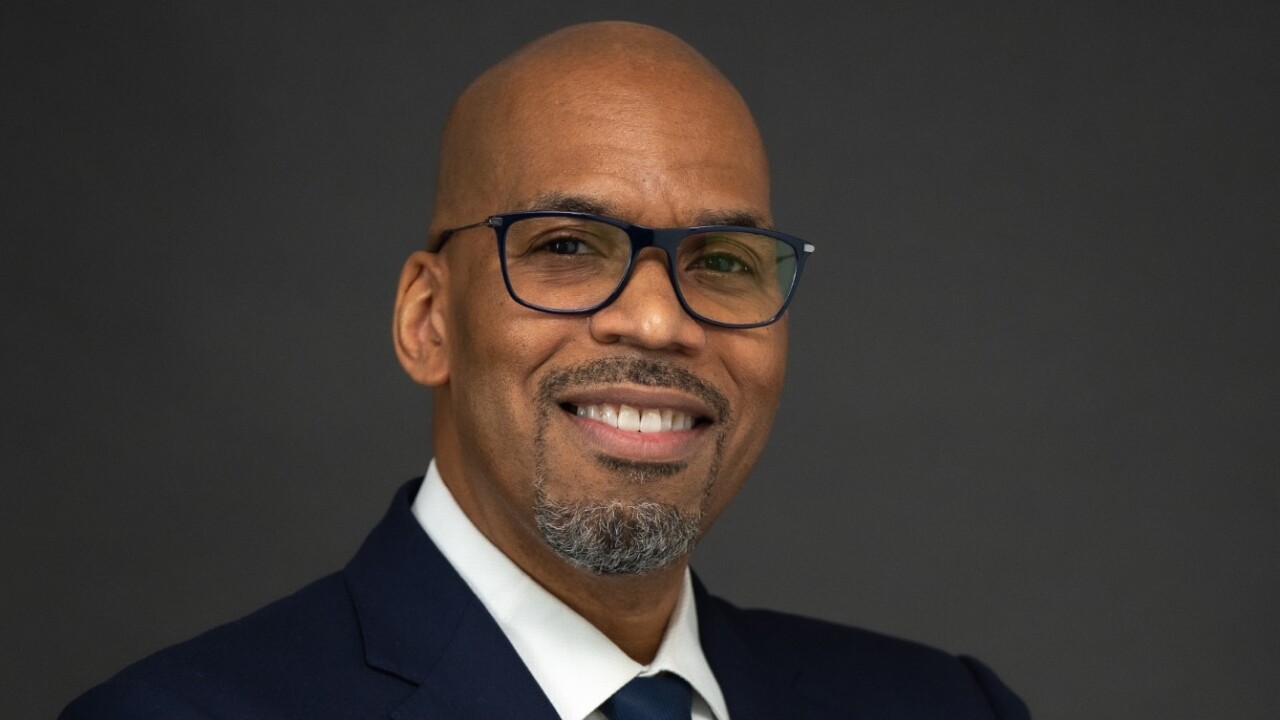Just who is Rebecca Ryan?
Among her staff at Next Generation Consulting, a market research firm in Madison, Wis. which is dedicated to, you guessed it, the next generation -- shes known as evangelist-in-residence. We caught up with the most recent member of The Advisory Board to pick her brain for intergenerational insights, including how to deal with those partners (young and old) who are reluctant to change.
Everyone who has seen you speak knows how dynamic you are. Whats your secret?
For starters, I really care about my topic: how to engage the next generation. The rest of it is just respect for my audience. It may not seem like it, but I take my job on the platform very seriously. When I'm speaking, I'm teaching. And I know that for audiences to learn, they have to feel something. So I tell stories that make them laugh and sometimes cry and know that if they can remember the story, they'll remember the lesson.
What would you say is the No. 1 myth attached to each generation?
For the traditionalists: They can't/won't learn technology. For the Boomers: They're self-absorbed. For the X'ers: They don't care. For the Millennials: They're spoiled.
Many young CPAs talk about older partners who are reluctant to change. Whats your advice to those younger people who feel frustrated and paralyzed by those in higher ranks who just wont budge?
First, it's not just older partners who are reluctant to change. I've met a couple of younger partners (especially in tax!) who have sticks so firmly planted up their behinds that they can't bend over to tie their shoes. That said, my advice to anyone who's struggling with a stick-in-the-mud is that you have three options: Accept that your stick-in-the-mud partner won't change; change your own response to their inflexibility, e.g. when they're being stubborn, don't let it unnerve you; or do something to change the situation.
Many younger employees feel that they need to confront their stick-in-the-mud partners head-on, but this rarely works. A smarter strategy is an indirect one: Identify a person whom the stick-in-the-mud partner listens to and respects and who's sympathetic to your point of view. Lobby that person, and see if they'll talk to the stick-in-the-mud. If you want to get a partner to change their habits, who is asking is as important as what is being asked. Think about it, you can't say "No" to a Girl Scout selling cookies, but you walk past panhandlers every day.
And on the flip side, what do you say to those old-time partners who like the way things have been done for years?
I can empathize with them. By the time you've been CPAing for 30 or 40 years, you're tired. So, I understand the partners who want to ride it out. But I don't respect them. I think the respectable thing for partners to do is to ensure that the firm will be stronger after they're gone. And that requires partners to build a really strong bench of talent (often filled with people who are even better than you are), and to surround yourself with people who don't think the same way you do. That's real leadership.
Client retention is a big issue in firms these days. What do you think young CPAs in particular bring to the table in building client relationships?
Two things: energy and fresh eyes. I love it when new/young employees say, "Have you ever thought about it that way?" Brain science shows that by the time we hit our 40th birthday most of us have literally gotten hardened in our ways of thinking. Younger CPAs still have a lot of plasticity in their brains, and can see new ideas or innovative solutions. In addition, they're still energetic about the profession, and that can be contagious.
In your work with firms, has there been a particular initiative or policy that has blown your mind in a good or bad way?
I love the study team model at Reznick, where they ask groups of employees to design solutions to their most pressing people issues. It's a way to get a lot of people and ideas involved in firm improvement, and it's a great professional development opportunity for those who serve on study teams.
On the other end of the spectrum, I cannot believe the number of partners who are raping their firms each year distributing all of the firm's profits as bonuses and leaving no value in the firm for future generations. This is a profession where I have seen both the best and the worst of human nature.
Do you find most of intergenerational conflict in firms is out in the open? If so, how is it being addressed? Or is it?
I think there's a lot of talk about intergenerational issues, but it's not really out in the open because very few firms are taking it head-on. I've only been working with CPA firms for five years, but in that time, I've seen a shift. Five years ago, the perceived intergenerational issue was, "How can we attract and keep new hires?" and now it's shifted to, "How can we offload partners who are clogging up the hierarchy and preventing us from getting younger partners brought in?" Of the two, the latter is the trickiest, because the partnership model rewards consensus in the short term, and often prevents partners from stepping aside from their own self-interest, and doing what's right for longer-term success of the firm.
You use the term life-work balance instead of work-life balance. Whats the difference?
To me, "life" is the headliner, and "work" is one of the back-up singers. Work is only one part of what makes a great, big life. Whether we realize it or not, I think when we use the term "work-life balance" and put work first, we're sending a message that work is more important than life. But to my taste - and for the thousands of young professionals we talk with - life comes first.
Where do you see the accounting profession in five years?
I think it's going to be a very turbulent ride. There will continue to be consolidation, and the partners at smaller firms are not going to get what they feel is due to them when - if - they get purchased. There will be growth in two directions: Midsized and large firms will get larger. On the other end of the spectrum, there's a ton of room for start-ups. I hope we'll see a new generation of younger CPAs break off from the traditional firms and start what I think a "Next Gen Firm" could be: highly niched, flat, virtual, paperless and value-based. It will be run like a high-performance team, not a hierarchical partnership.
What do you see as the accounting professions biggest challenge in terms of people and culture in firms?
Engaging women throughout their careers. Women account for half of all CPAs, and in a study done by the University of California - Davis, firms that had women leaders were more profitable, had better client relationships, and outperformed their peers. If CPA firms are going to mature, they must take a more grown-up look at how the women in this profession contribute, are engaged, develop and lead. [Clifton Gunderson CEO] Krista McMasters is just the beginning.
Have an intergenerational issue in your firm? Ask Rebecca! E-mail her at: rr@nextgenerationconsulting.com. If your question is chosen, you'll receive a free copy of her book, Live First, Work Second: Getting Inside the Mind of the Next Generation." Well post the answers right here on www.accountingtomorrow.com.





